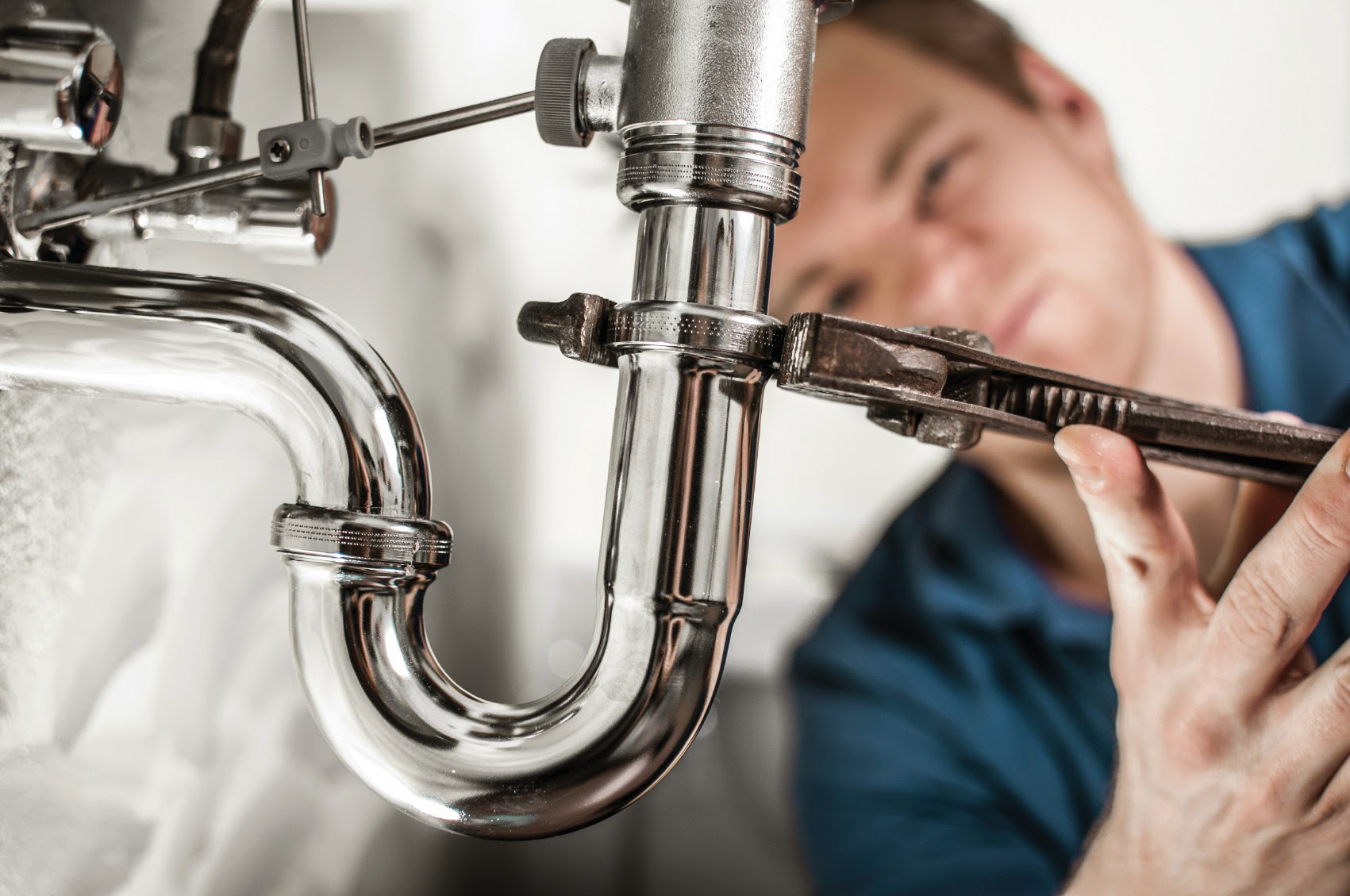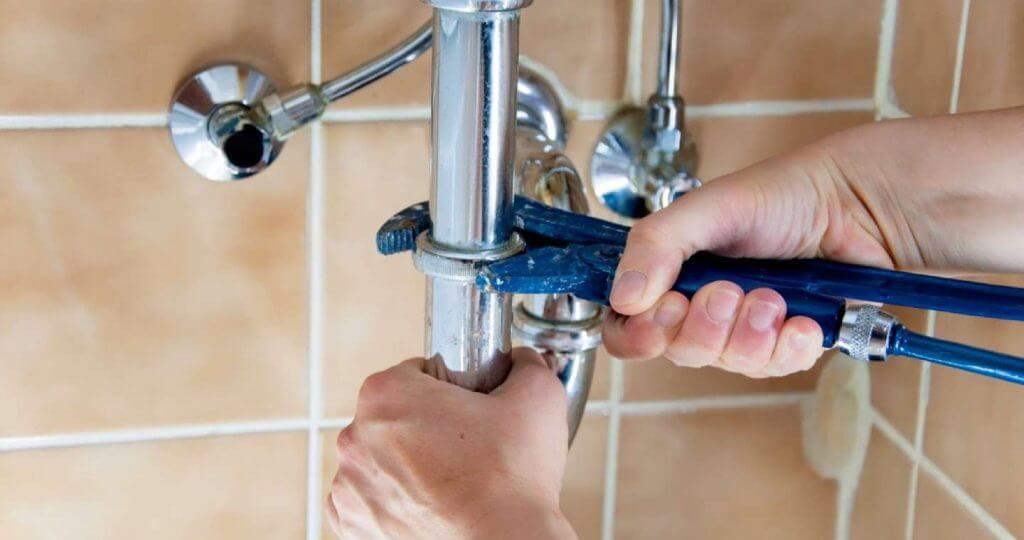The Top 5 Causes of Water Leaks
The Top 5 Causes of Water Leaks
Blog Article
What're your ideas on Where to Find Water Leaks?

"Be cautious of little expenditures. A little leakage will sink a terrific ship." - Benjamin Franklin.
He couldn't have been much more right because water leakages in our houses result in a waste of sources, boosting our water bills. Although this boost might appear negligible in the beginning, it can cause significant expenditures that can damage your bank. Aside from an increase in bills, water leaks also create undesirable natural growth, architectural damage, and also electrical dangers.
Finding out if you have a water leak isn't constantly easy because of being not able to see a lot of the pipework in your home. Nevertheless, If you have had a rise in your water costs recently, observed water spots on wall surfaces as well as ceilings, smelt lousy smell, and so on. You may wish to consider asking for plumbing solutions to get it checked out.
There are numerous root causes of water leaks, and also we have assembled the typical factors below. Examine to see if you have had related problems in your house just recently.
Clogged drains pipes
Food bits, dirt, and also grease can create stopped up drains and also block the flow of water in and out of your sink. Boosted pressure within the gutters can finish as well as create an overflow up cracking or rupturing pipes if undealt with. To avoid clogged drains in your home, we suggest you to prevent putting particles away as well as routine cleaning of sinks.
High water stress
You noticed your residence water pressure is higher than common however then, why should you care? It runs out your control.
It would be best if you cared because your average water stress ought to be 60 Psi (per square inch) and although your house's plumbing system is designed to hold up against 80 Psi. An increase in water pressure can place a strain on your house pipelines and lead to splits, or even worse, burst pipes. If you ever see that your residence water pressure is higher than normal, contact a professional concerning controling it.
Corrosion
As your pipework ages, it gets weaker and also extra prone to rust after the regular passage of water through them, which can gnaw at pipes and trigger splits. A noticeable indicator of rust in your house plumbing system is discoloration and although this might be tough to detect as a result of the majority of pipes hidden away. We recommend doing a constant check-up every few years and also alter pipes once they are old to ensure an audio plumbing system
Compromised pipeline joints
Pipe joints are the components of our plumbing system where the pipes connect. It is important to note that also though pipes are designed to withstand stress and last for a while, they weren't designed to last for life; therefore, they would certainly weaken over time. An usual sign of harmed pipe joints is extreme sound from taps.
Broken seals
One more cause of water leaks in residences is broken seals of house devices that use water, e.g., a dish washer. When such appliances are set up, seals are set up around water adapters for easy passage of water with the equipment. A busted seal can create leak of water when in use.
With little or no knowledge of plumbing, comprehending your home's plumbing system enough to repair some of these issues (without consequence) can be an inconvenience. Get in touch with plumbing experts in Pittsburgh, Divine Superintendence, Rochester, and also environ today, as well as they'll make those issues vanish.
He couldn't have been more appropriate since water leakages in our homes result in a waste of sources, raising our water expenses. If you have had a boost in your water costs recently, observed water spots on walls and ceilings, scented poor odor, and so on. An increase in water pressure can place a strain on your residence pipelines and lead to fractures, or even worse, ruptured pipelines. One more reason of water leakages in homes is broken seals of house devices that use water, e.g., a dish washer. When such appliances are installed, seals are installed around water ports for simple passage of water with the machine.
5 TIPS IN DETECTING A WATER LEAK IN YOUR HOUSE
Water leaks can be hard to find in your home, yet they can be so common. We rely on water every day in our home, which is why a leak can cause big problems. By detecting them early, you can save money and further damage, getting the problem fixed as soon as possible. Here are 5 tips to help you detect a water leak in your home, so you can contact a plumber straight away and get the issue sorted.
Check your water meter
Many people underestimate the value of the water meter in their home. It can be one of the best ways to tell if you have a leak early on, so you can get on top of it before issues start arising. Start by turning off all the water in your home: taps, washing machine, dishwasher, etc. Now take a look at the meter – if it’s still changing with everything turned off, it’s likely you have a fast-flowing leak that you need to get on top of straight away. If nothing changes, then leave your meter for an hour or two and come back to it. Did it change in this time? It’s likely you have a slower leak, which isn’t as urgent but still handy to get fixed so it doesn’t become a bigger problem.
Keep an eye on your bill
Another good way to detect a leak in your home is by keeping an eye on your water bill. It helps if you have a past bill from the same period of time. You can compare like for like and determine whether your water usage has increased significantly. If it has, there may be a leak in your system that you haven’t picked up before. A professional plumber can check through all of your pipes and determine where it is coming from.
Look for damage
If you have a leak inside your home, you will notice damage over time. Take a look at your showers and bathtubs and note whether any of the tiles surrounding the area seem to be discoloured or damaged in any way. There may be water stains, mould or peeling material that has resulted from a build up of moisture over time. Make sure you take a look under sinks at the back of cupboards that don’t get accessed regularly. This is where damage can go unnoticed and build up over periods of time.

As a devoted person who reads on Where to Find Water Leaks, I imagined sharing that excerpt was worth the trouble. Do you know somebody else who is in the market for the topic? Do not hesitate to promote it. Thanks so much for going through it.
Best choice? Dial! Report this page